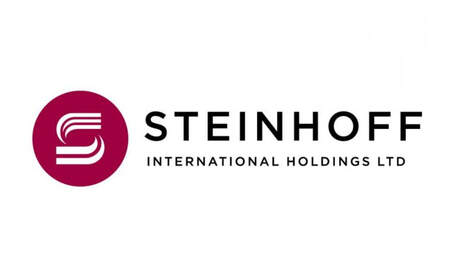|
The South African Reward Association (SARA) welcomes the court action set in motion by Steinhoff in a bid to claw back more than R1bn from its former CEO Markus Jooste and CFO Ben la Grange.
The association strongly supports transparent, fair, responsible and sustainable remuneration. It appears that what has happened at Steinhoff has not been in line with the King IVTM principles of good corporate and remuneration governance, says Laurence Grubb, SARA Exco member, Master Reward Specialist and expert on executive remuneration. This clawback action is certainly something new to South Africa. He referred to the directors of Dawn, a building supply business, who in 2015 agreed to pay back R7 million in bonuses following engagement with shareholders. However, because of the settlement in the Dawn matter, there is still no legal clawback precedent in South Africa. King IV Principle 14, dealing with remuneration, defines clawback as the forfeiture or recovery of post-vesting remuneration – typically the recovery of viable remuneration such as incentives that have already been paid. The Steinhoff case is even more compelling because the company is attempting to claw back not only the bonus amounts and the share incentive settlement amounts, but also the guaranteed salaries from the former CEO and CFO. They are doing this on the basis that if the remuneration committee was aware of the transgressions, they would not have allowed the guaranteed salaries to be paid. Grubb says that following corporate scandals such as those alleged at Steinhoff and Tongaat, companies are tightening their remuneration policies. Malus and clawback clauses are increasingly being introduced – to protect the company and shareholders against unscrupulous executive conduct. Malus is relatively easy to implement since cash or share awards that are still unvested and have not yet been paid or settled can be forfeited without explicit recovery required. However, in the case of Steinhoff, the payments relate to variable and fixed remuneration that had already been paid, and the company now has to approach the courts through an undue enrichment claim to recover the monies. [MH1] “There is no doubt that if you have malus and clawback clauses in your policies it is far more likely that the company will succeed with any bona fide recovery of funds, whether by court action or not” says Grubb. Apart from the financial services sector, the inclusion of these clauses in a company’s Remuneration Policy is still an emerging practice. “It is something that all companies should be drafting and implementing urgently. Shareholders and investment advisors are starting to demand that these clauses form part of remuneration policies.” Without these clauses companies will most probably have to approach the courts – a still untested route in terms of legal precedent. “For the first time in South Africa we can expect a few court cases arising from the conduct of executives where these issues will be tested.” Grubb expressed the hope that it will pave the way for guidelines and pay-precedents in terms of how companies, boards and shareholders can protect themselves against the malicious conduct of unscrupulous executives. ENDS MEDIA CONTACT: Rosa-Mari Le Roux, 060 995 6277, [email protected], www.atthatpoint.co.za For more information on SARA please visit: Website: www.sara.co.za Twitter: @SA_reward LinkedIn: South African Reward Association Facebook: SARA – South African Reward Association
0 Comments
|
Archives
March 2023
Welcome to the South African Reward Association newsroom.
Categories
All
|


 RSS Feed
RSS Feed